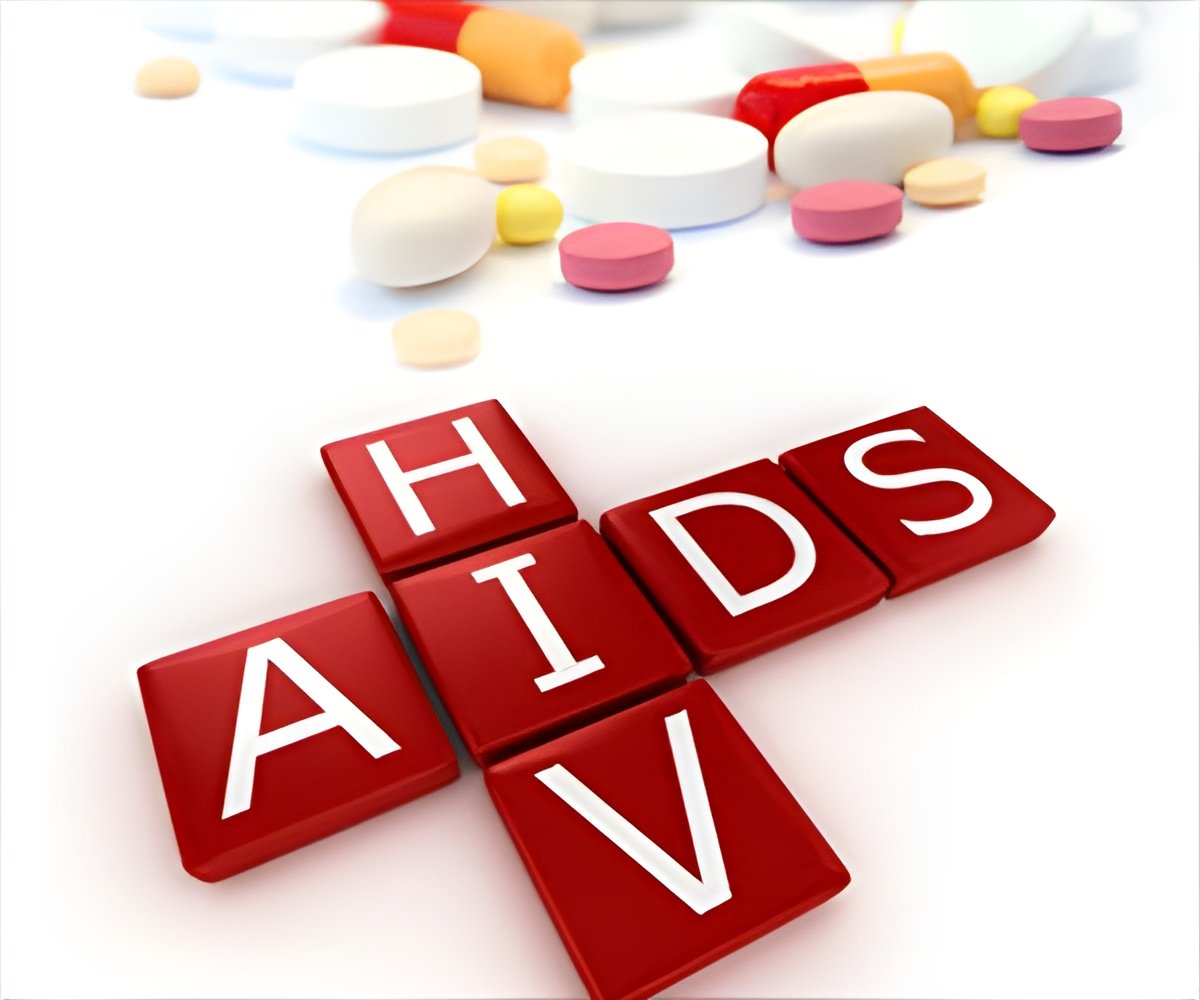Clarification on why some people infected with HIV are better able to control the virus are made by the finding of a new study in monkeys.

Both HIV and SIV infections cause severe CD4 T cell loss in the gut during early infection. As a result, the intestinal mucosal barrier, which is like the body’s second skin or front line of defense against pathogens, is compromised. The "leaky gut" causes bacteria that are normally located in the gut (the normal flora) to migrate out and activate the immune system throughout the body with disastrous health consequences. "The immune activation contributes to higher replication of the virus. And so the question is, why do some patients progress from infection to AIDS faster than others?" Abel asks.
This new study looked at the balance between certain immune cell populations that might influence disease outcome. The study shows the presence of a subtype of CD4-positive immune cells called Th17 (T helper 17) cells in the gut "could influence disease outcome."
A report of the research appeared in the May 30, 2012 on-line issue of Science Translational Medicine.
Th17 cells are commonly found at mucosal surfaces and activate epithelial or outer layer barrier cells to secrete antimicrobial molecules, thus blocking disease-causing bacteria from entering. Abel points out that they also stimulate the production of "tight junction" proteins that keep all the cells that make up the intestinal barrier in close contact, "so that bacteria of the normal flora or their products cannot leak out."
The researchers wondered if there are more Th17 cells in the gut, would infection with the AIDS virus still have that early massive effect on gut permeability? And if you could keep the intestinal barrier intact during early infection with HIV, would it have an impact on the severity of disease progression, on having less severe disease in the long run?
Advertisement
The study also found that among animals given a drug that increases regulatory T cells and thereby suppresses Th17 cell development, disease progression occurred more rapidly, and they had higher levels of SIV virus six months after infection.
Advertisement
Source-Eurekalert













